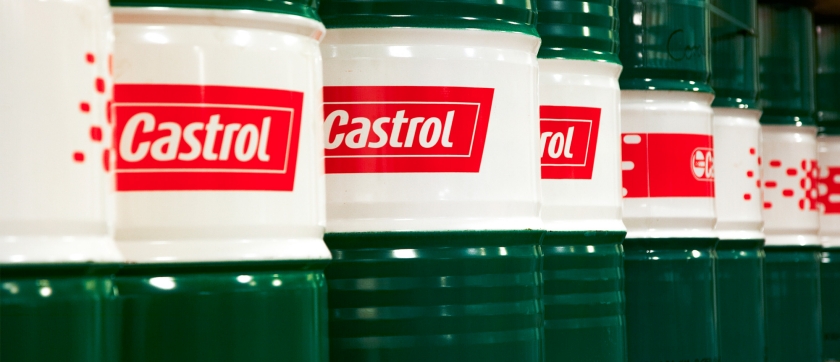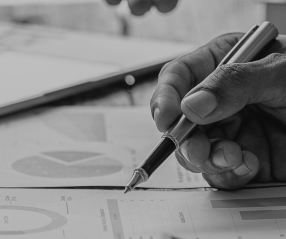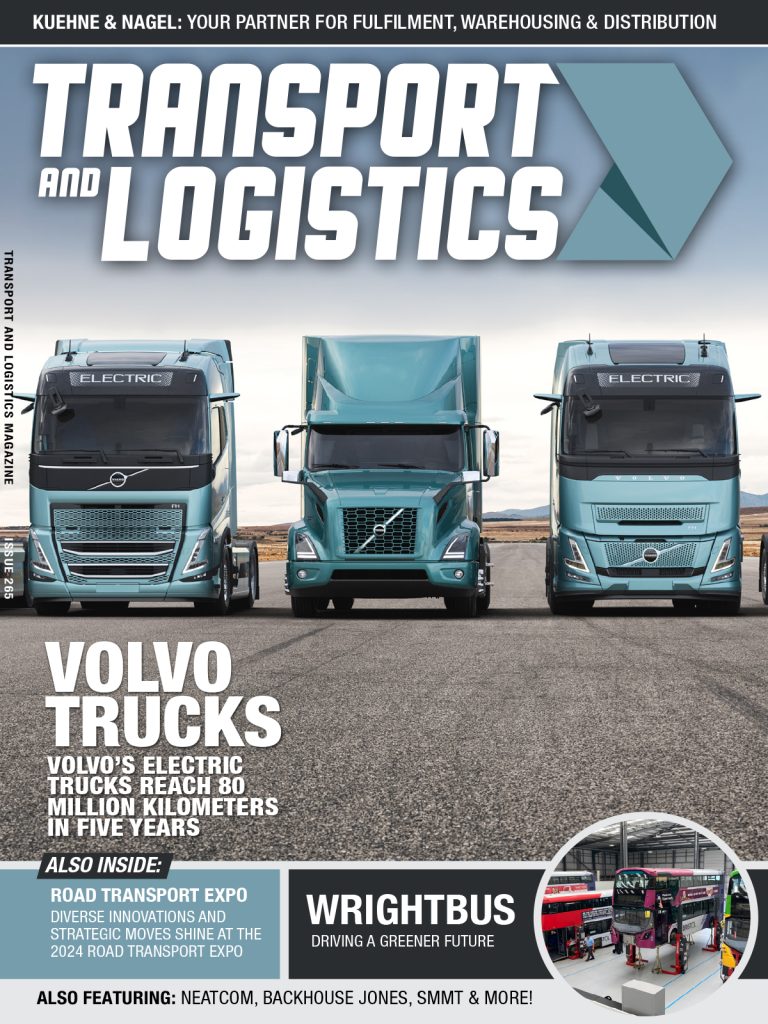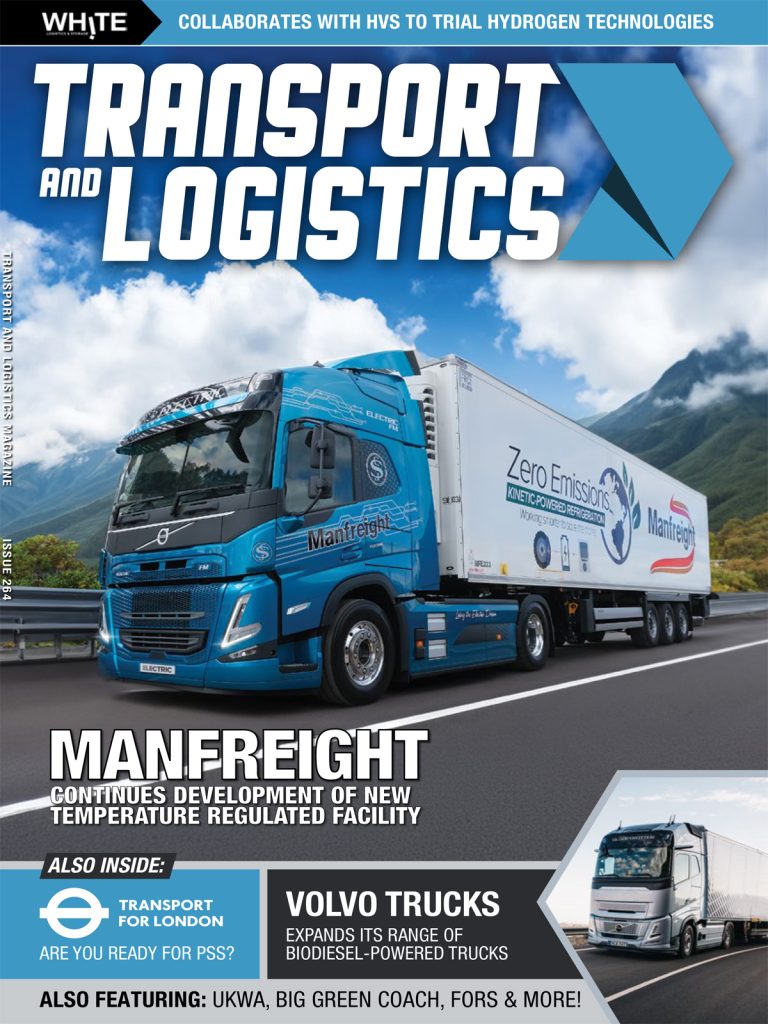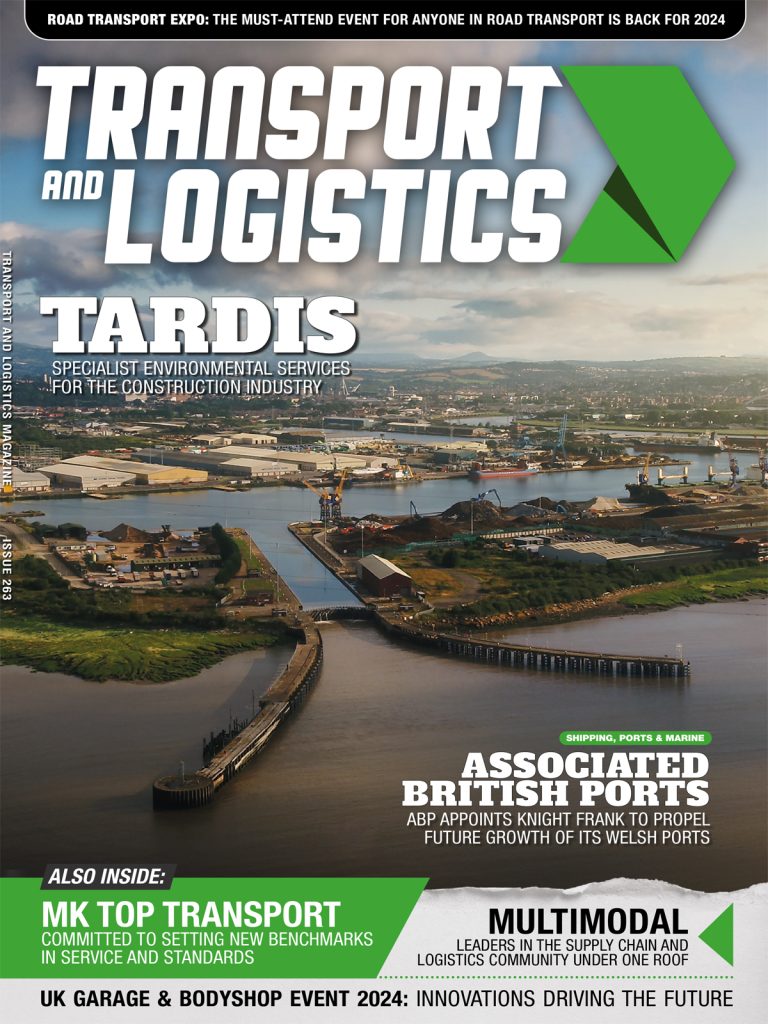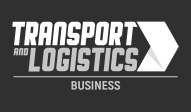Global trade is in a period of rapid transformation, with the aerospace, automotive, industrial, marine, and natural products sectors each facing uncertainties with regards to international imports and exports. The Castrol Global Trade Barometer is a composite measure of world trade in these sectors, charting their rise and fall in the lead up to 2020.
The latest Barometer finds that China is expected to export nearly two-thirds more than Germany or the US in terms of total trade value. However, China will grow more slowly than the other countries in our list of top ten exporters, barring Japan.
When it comes to imports, it is the US who will lead the world according to Castrol’s rankings. The European Union, however, is likely to continue to be the most significant destination for the world’s goods, with its members forecast to import eight times more than the US. However, with trade pacts and priorities all currently up for discussion, this could be set to change.
Alongside the big players, some of the world’s poorest countries are growing at a rapid rate, albeit from a low base. When it comes to fastest-growing exporters, Niger is set to experience a 16.3% compound annual growth rate (CAGR) to 2020, with Afghanistan (16.1%) and the Central African Republic (14.5%) also growing rapidly. The fastest-growing importers too are emerging markets, including first-placed Mozambique (21.6%), Burkina Faso (19.2%) and Vietnam (13.3%). While these fast growing nations may currently be small in value terms, they contain some booming sectors that will benefit from continued outside investment: for example, investment in the agriculture sector in African nations.
Sector focus: Driving growth in automotive
Within the automotive industry, Germany are racing to the top and look set to dominate over the next few years, currently exporting three times the value of nearest competitor China. China’s 19% annual revenue growth is likely to see it become the second-largest automotive exporter, based on a progressive rise in its vehicle exports, as well as its push to create low-cost electric vehicles.
For nations to stay competitive in today’s changing global trade climate, the focus must be on the future. Investment in ‘smart’ technology is already high on the agendas of many governments. In recent years, we’ve seen the UK announce £20 million in funding for driverless cars, while the previous US government pledged £4 billion investment over the next decade. Japan too is focused on strengthening its digital economy, allocating $400 million to innovations including smart cars.
The Castrol Global Trade Barometer offers our trade predictions but if these technologies become the norm, and political agendas continue to shift, the most established countries could find themselves knocked from their podium position.




